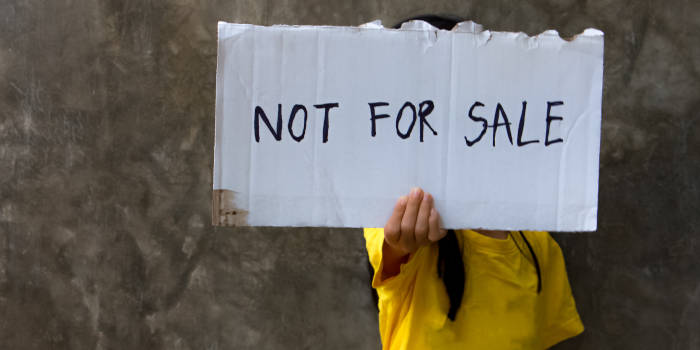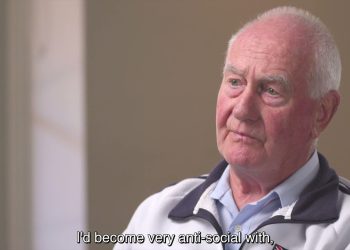In a surprising turn of events reminiscent of a high-stakes gambling showdown, the operators of some of Las Vegas’ most illustrious casinos have rolled the dice and filed motions to dismiss a civil lawsuit. This suit accuses them of being complicit in a sordid sex trafficking scheme involving underage prostitutes. The case, filed by an anonymous plaintiff known solely as Tyla D., alleges that these substantial casinos — including MGM Resorts International, the Venetian Resort, and Boyd Gaming Corp. — turned a blind eye to the widespread prostitution occurring on their premises.
Lawsuit Alleges Las Vegas Casinos Allowed Sex Trafficking of Minors
According to the detailed complaint, back in 2006, Tyla D. was lured into a harrowing world of prostitution at the tender age of 14 after she ran away from home. Her pimps allegedly had her soliciting customers on the bustling floors of various Las Vegas casinos. The suit contends that these venerable establishments permitted sex trafficking, believing the mantra “What Happens in Vegas Stays in Vegas” justified all forms of commercialized sexual activity. It paints a stark picture of a city where the boundaries between legitimate entertainment and illicit activities blur like the hazy glow of neon lights.
In a damning allegation, the lawsuit asserts that casino workers were aware of sex slave activities, with some purportedly pocketing extra cash from referrals. Tyla D., a heart-rending example of a trafficking victim, recounts chilling anecdotes of relentless exploitation by various men who preyed on her, confiscating her earnings and depriving her of essentials like food and shelter. It’s a narrative replete with the dark underbelly of a glittering city that thrives on high-rolling dreams and fortunes made or lost in a heartbeat.
Flash forward to 2007, when Tyla D. was arrested, temporarily escaping her captors’ clutches. However, her freedom was fleeting, as the pimps allegedly coerced her back into prostitution by 2013. The suit underscores the irony that by then, sophisticated facial recognition software had been installed across these gambling meccas. These systems, capable of spotting a marked card a mile away, somehow failed to identify a known and repeatedly exploited minor in their midst. The implication? Casino staff, engrossed in their own game, ignored the flashing red alerts, allowing the oppressive cycle to persist.
Defendants Argue the Complaint is Time-Barred and Vague
The defendants counter with a familiar poker face, arguing that the lawsuit is time-barred and lacks the specificity required to sustain a cause of action. Boyd Gaming’s legal team highlights that the complaint blends broad generalities about Las Vegas’ notorious sex trade with specific accusations against casino operators, akin to mixing a stiff drink with a shot of water.
The casinos ardently deny any involvement in or profit from sex trafficking, asserting that their employees acted within professional bounds. They express a cautious sympathy for the victims but steadfastly refuse to take the fall for actions orchestrated by Tyla D.’s traffickers behind closed doors.
Tyla D. continues to bear the emotional scars from these traumatic events and is now seeking compensatory damages along with punitive measures. Her legal team stands firm, arguing that the casinos’ indifference and tacit approval of the sex trade directly contributed to her prolonged suffering and exploitation. It’s a narrative fraught with legal intricacies and moral high cards, with both sides betting heavily on their version of justice prevailing.







